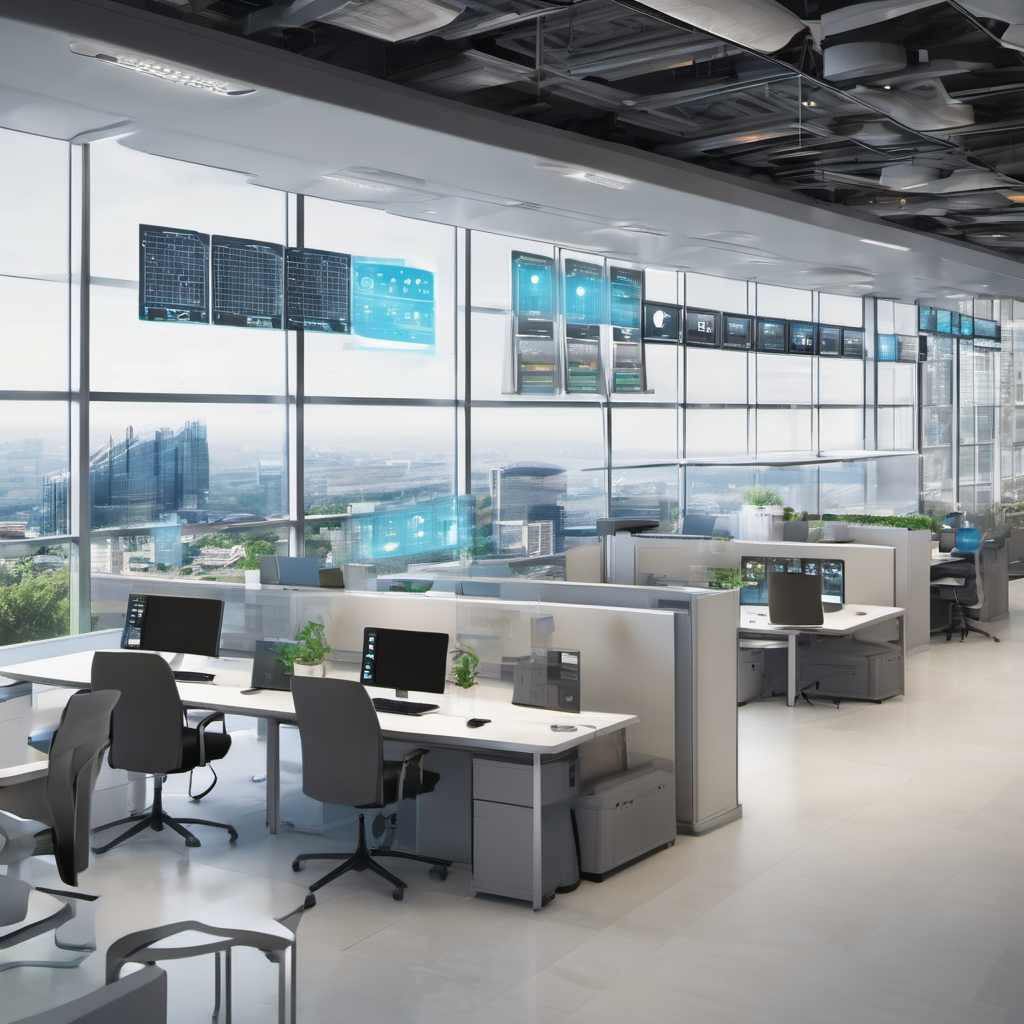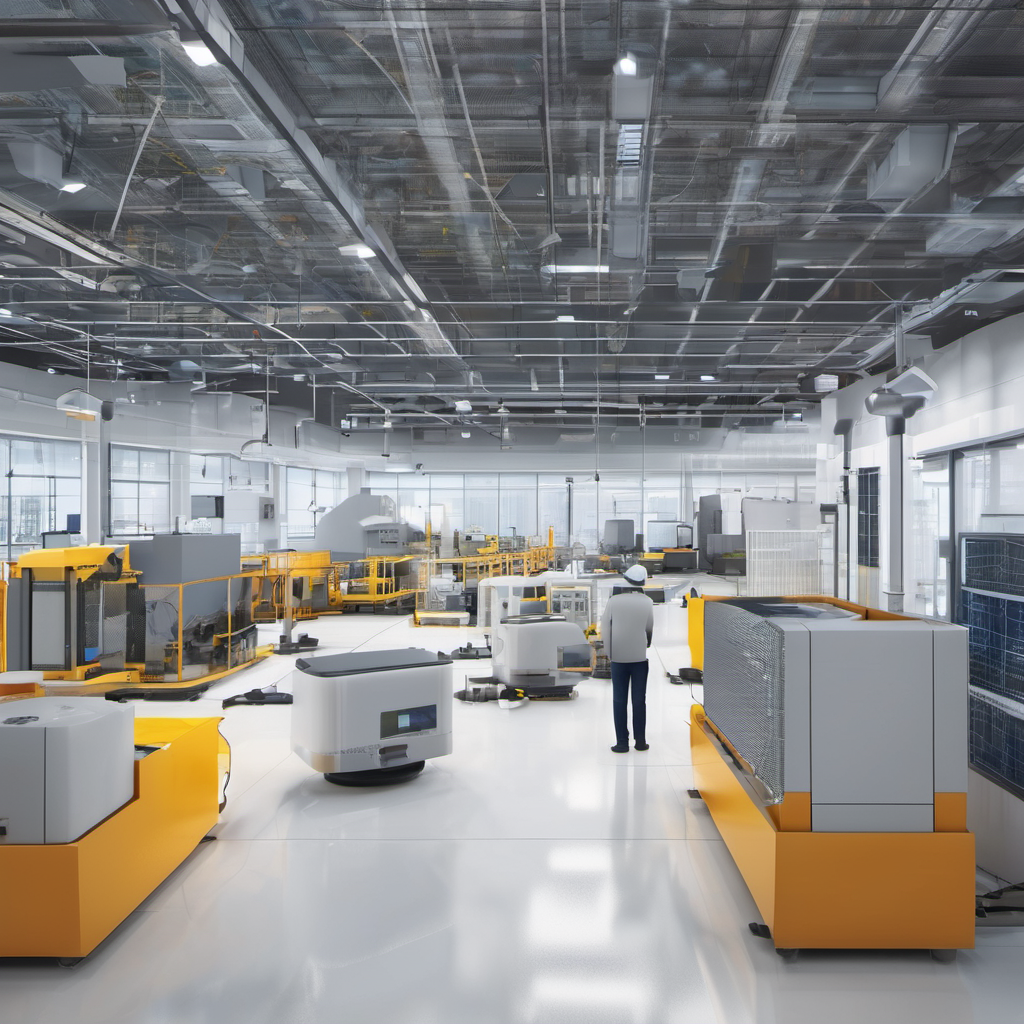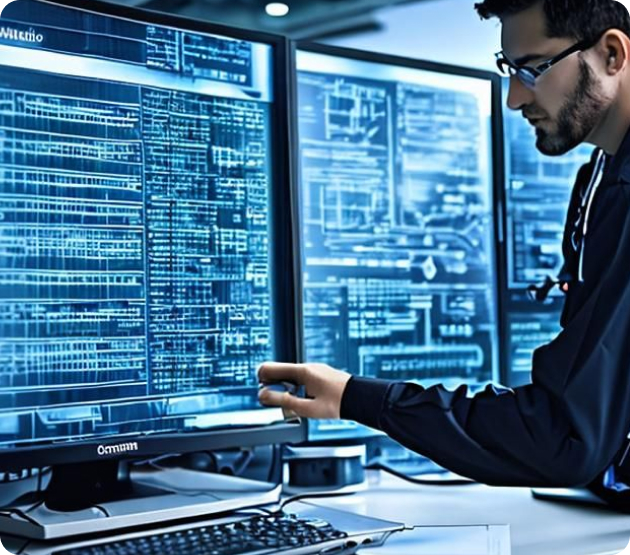In the rapidly evolving world of facility management, the integration of smart building technologies has emerged as a game-changer. As we step into an era where efficiency, sustainability, and comfort are paramount, these intelligent systems offer a new dimension to modern facilities.
Automation and Optimization: The Core of Smart Building Technologies
Smart building technologies encompass a range of tools and systems designed to automate and optimize building operations. From automated lighting and HVAC systems to advanced security and energy management, these technologies are reshaping how facilities are managed.
One of the key benefits of smart building technologies is their ability to significantly enhance operational efficiency. Automated systems can adjust lighting, heating, and cooling based on occupancy and environmental conditions, leading to substantial energy savings and reduced operational costs. For instance, smart HVAC systems can analyze weather forecasts and adjust indoor temperatures proactively, ensuring optimal comfort with minimal energy expenditure.

IoT Integration for Remote Monitoring and Control
Moreover, the integration of IoT (Internet of Things) devices in these technologies allows facility managers to monitor and control various aspects of a building remotely. This capability not only improves the responsiveness of maintenance teams but also helps in preventive maintenance, reducing downtime and extending the lifespan of critical assets.

Enhancing the Occupant Experience: A Focus on Comfort and Well-being
Another aspect where smart building technologies excel is in enhancing the occupant experience. Features like intelligent lighting that adjusts to natural light levels and smart sensors that monitor air quality go a long way in creating a healthier and more comfortable environment for occupants.
Challenges on the Horizon: Cost, Complexity, and Security
However, the implementation of these technologies is not without its challenges. It requires substantial investment, and the complexity of these systems demands a skilled workforce to manage them effectively. Moreover, concerns regarding data privacy and cybersecurity are paramount, as these systems often handle sensitive information.
Conclusion
In conclusion, the integration of smart building technologies in modern facilities represents a significant step forward in the evolution of facility management. While it does come with its set of challenges, the benefits it offers in terms of efficiency, sustainability, and occupant comfort make it an indispensable tool for the future of facility management.







